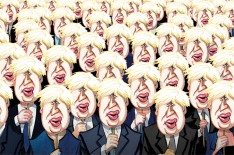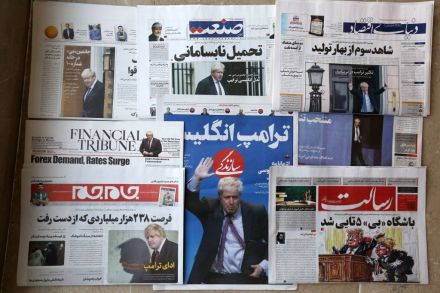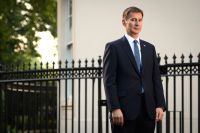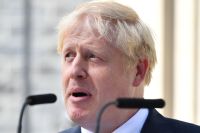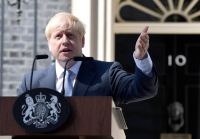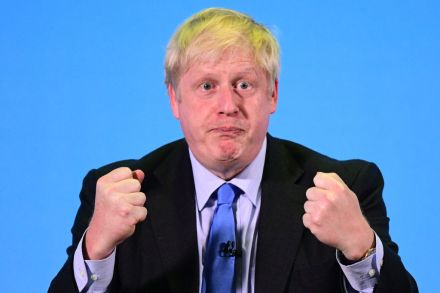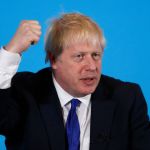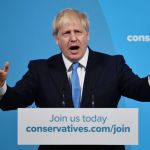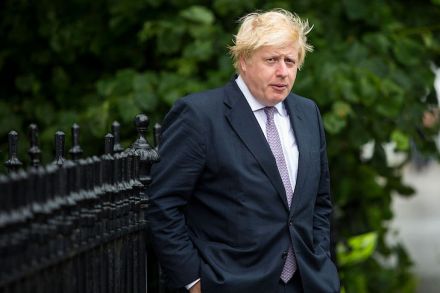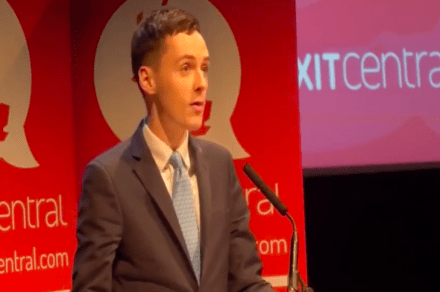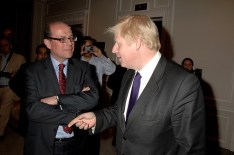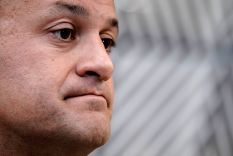Who’s afraid of Jo Swinson? Corbynistas
When I was fresh out of university, I applied for a job as a parliamentary aide to Jo Swinson. The MP for East Dunbartonshire was full of promise and more to my political tastes then than the clunky managerialism of new PM Gordon Brown. She rejected me. If nothing else, this shows Swinson has sound judgement. After all, I would have made a terrible Lib Dem staffer. I was – and remain – in favour of the Iraq War, the war on terror, tuition fees, first past the post, nuclear power and erecting a statue of Tony Blair in every parish in the land. For many years, that was the




